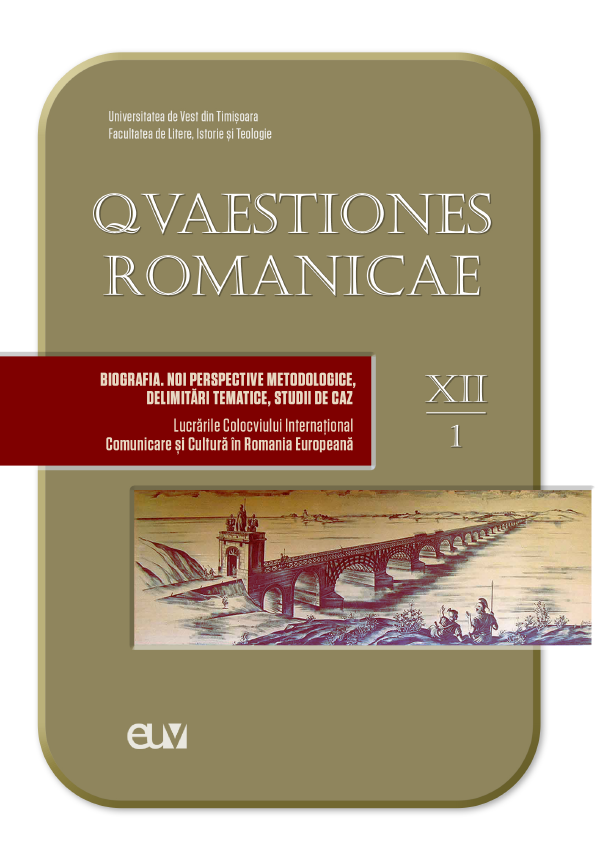Biografía y ficción en La tía Julia y el escribidor
Abstract: (Biography and fiction in Aunt Julia and the Scriptwriter) Aunt Julia and the Scriptwriter is a novel based on the blend of reality and fiction, narrating the true story of love between Varguitas and Julia. However, this reality, sprinkled with imaginary elements, is juxtaposed with the inventions of Pedro Camacho, the nonsensical tales in the even-numbered chapters. There are several biographical elements, starting with the real existence of Raúl Salmón (Pedro Camacho in the novel), the scandalous relationship between an 18-year-old and his 32-year-old aunt-in-law, Vargas Llosa's seven jobs to provide a dignified life for his future wife, the real location of Grocio Prado where the marriage is officiated, and ending with the stay in Paris, Julia's divorce, and the new relationship with cousin Patricia, to name just a few biographical details present in the novel. Mario Vargas Llosa has always stated that true stories cannot be told in novels and that the novel is a genre antithetical to truth; it is the genre of lies that seem like truths thanks to good literature. Therefore, the novel takes advantage of this symbiosis between real and fictitious elements.
Keywords: reality, fiction, biography, imagination, truth.
Resumen: La tía Julia y el escribidor es una novela basada en la mezcla de realidad y ficción y se narra la historia real de amor entre Varguitas y Julia. Pero a esta realidad salpicada con elementos imaginarios se contraponen las invenciones de Pedro Camacho, los disparatados cuentos de los capítulos pares. Existe una serie de elementos biográficos, empezando con la existencia real de Raúl Salmón (Pedro Camacho en la novela), la ya mencionada escandalosa relación entre un joven de 18 años y su tía política de 32 años, pasando por los siete trabajos que Vargas Llosa tiene para poder ofrecerle una vida digna a su futura esposa, el lugar real, Grocio Prado, donde se lleva a cabo la oficialización del matrimonio y terminando con la estancia en París, la mención del divorcio de Julia y la nueva relación con la prima Patricia, para mencionar solo algunos detalles biográficos presentes en dicha novela. Mario Vargas Llosa siempre ha declarado que en la novela no se pueden contar historias verdaderas y que la novela es un género antipático a la verdad, es el género de las mentiras que parecen verdades gracias a la buena literatura. Por lo tanto, la novela saca provecho de esta simbiosis entre elementos reales y elementos ficticios.
Palabras clave: realidad, ficción, biografía, imaginación, verdad.
